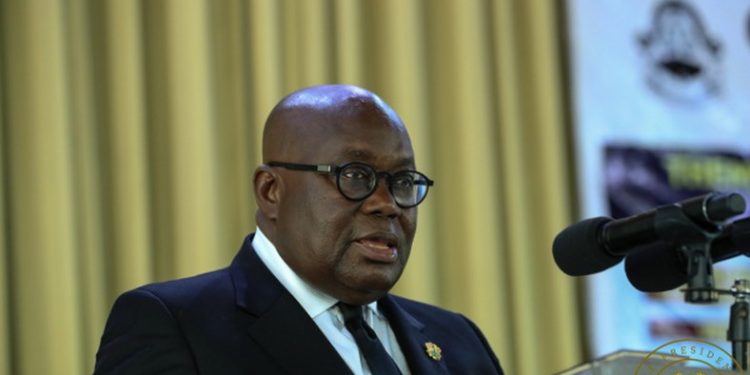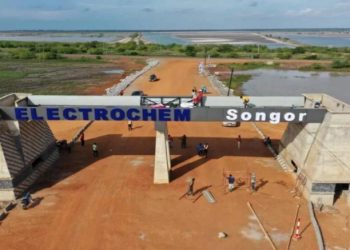President Nana Akufo-Addo has said the construction of the National Cathedral is pivotal to the development of Ghana.
He explained that the country’s comparative performance against neighbouring countries is mainly by the grace of God.
Speaking at a groundbreaking ceremony for the construction of the cathedral on Thursday, March 5, 2020, the President said the Supreme Court ruling in favour of the construction goes to affirm his conviction about the project.
“Ghana has so far been spared civil war, famine and epidemic. We are certainly not better than the other nations in our neighbourhood who have been confronted with these challenges and I believe it is by the grace of God that we are being sustained. It will be an act of thanksgiving to the Almighty for his blessing, favour, grace and mercy on our nation.”
“71 percent of the Ghanaian people adhere to the Christian religion, grouped under the various persuasion of the Christian faith. The Supreme Court of the Republic in unanimously rejecting recently the challenge of the constitutional quality of the Cathedral project laid particular emphasis on this.”
President Akufo-Addo has been criticized for his decision to build a National Cathedral in the face of numerous challenges facing the country.
Some persons who went to court to challenge government’s decision to champion the project have not been successful.
At a recent public event, President Akufo-Addo said the construction of the cathedral was a fulfilment of a promise he made to God in the run-up to the 2016 election.
The interdenominational Christian Cathedral, when completed, will have a 5,000 seating capacity with chapels, a baptistery, a music school, an art gallery and a Bible museum.
The monument is expected to be put up within the next five years.
Construction work is set to begin by March 6, 2020.
The government announced plans to construct the cathedral to serve as a national non-denominational Christian worship centre for Ghana.
Nine justices of the Court of Appeal as well as other judicial staff occupying bungalows around the site earmarked for the project were asked to vacate to make way for the construction of the 5,000-seater capacity facility.
They were moved into temporary residential buildings pending the construction of some new bungalows for them.















